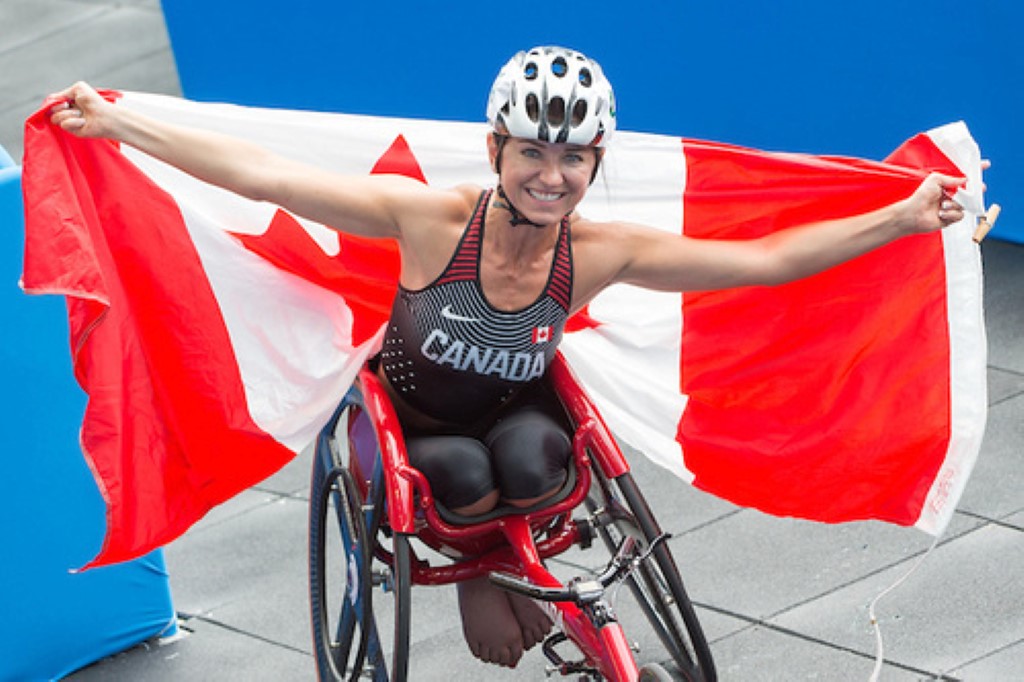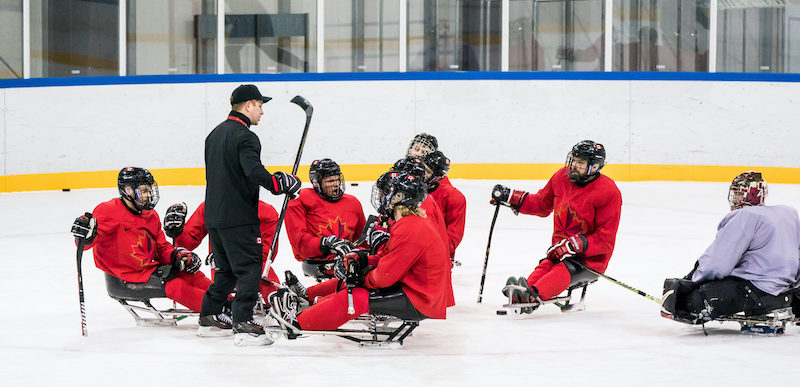A new environmental normal in sport
Did you know that travel to-and-from practices and competitions accounts for more than 80% of emissions in sport? The COVID-19 pandemic presents an opportunity for the sport sector to work towards a new ‘environmental normal’ that limits its climate impact. Check out the Sports for Climate Action Framework to learn more about how your sport…
Perfectionism
Many top performers experience perfectionism, the need for their performance to always be perfect. While striving for flawless performance may seem like a good thing, research shows that perfectionism positively predicts burnout among competitive athletes. Burnout is also more prevalent among athletes who perceive their coaches as perfectionistic.
Thin Ice
Due to warming temperatures and diminishing amounts of snow, winter sports are particularly vulnerable to the effects of climate change. Research from the University of Waterloo suggests ski resorts in Ontario and Quebec could be faced with winters too short to remain economically viable within 50-60 years if current emissions trends are not curbed. Learn…
Athletes as stakeholders
“Engaging (athletes) and treating them as the important stakeholders that they are will not only be good for the athletes but also good for the viability and the long-term longevity of sport.” Beckie Scott, 2002 Olympic gold medalist in cross-country skiing and a stalwart in the international anti-doping movement, reflects on the value of having…
Tattoos and sport performance
A study of soccer players during the 2018 World Cup explored the impact of tattoos on performance. Researchers found that there were significantly more players with tattoos on the teams that qualified for the knockout rounds. However, there was no correlation between tattoos and individual performance.
Beijing to Birmingham: Thinking outside the Para sport classification box

The Tokyo 2020 Summer Paralympic Games are in the books, with the 2022 Winter Paralympic Games (Beijing) and Commonwealth Games (Birmingham) just around the corner. Our 128 Canadian Paralympians competed in Tokyo, bringing home 21 medals. Canada’s team joined 4,275 high performance Para sport athletes from 62 countries for 12 days of competition in 22 Paralympic sports. Despite the unprecedented challenge of hosting…
Incidence of RED-S amongst athletes
Athletes competing in sports that are aesthetically judged, body-weight dependent, and weight classed, are considered at high risk of developing relative energy deficiency (RED-S). However, research shows RED-S is still a concern for athletes in any sport, and can occur at any competitive level.
Canadian soccer
In June, the Canadian men’s national soccer team defeated Haiti to reach the final stage of World Cup qualifying for the first time since 1997. Over the next year, Canada will play qualifying matches against seven other countries, including the U.S. and Mexico. The top three teams will play in the 2022 Qatar World Cup.
Psychological safety in sport
Psychological safety is believing that you won’t be punished or humiliated for speaking up about ideas, questions concerns or mistakes. Psychologically safe sport environments pave the way for greater teamwork, improved resilience, enhanced athlete satisfaction and an ability to reduce athletes’ burnout.
Concussion in Para athletes: One size doesn’t fit all

Highlights In 2020, an international group of clinicians, researchers and athletes met virtually to explore how to best assess and manage concussion in an athlete with a disability. This group’s individuals had experience and expertise in the care of Para athletes, and in the assessment, management and prevention of concussion. They named themselves the Concussion…